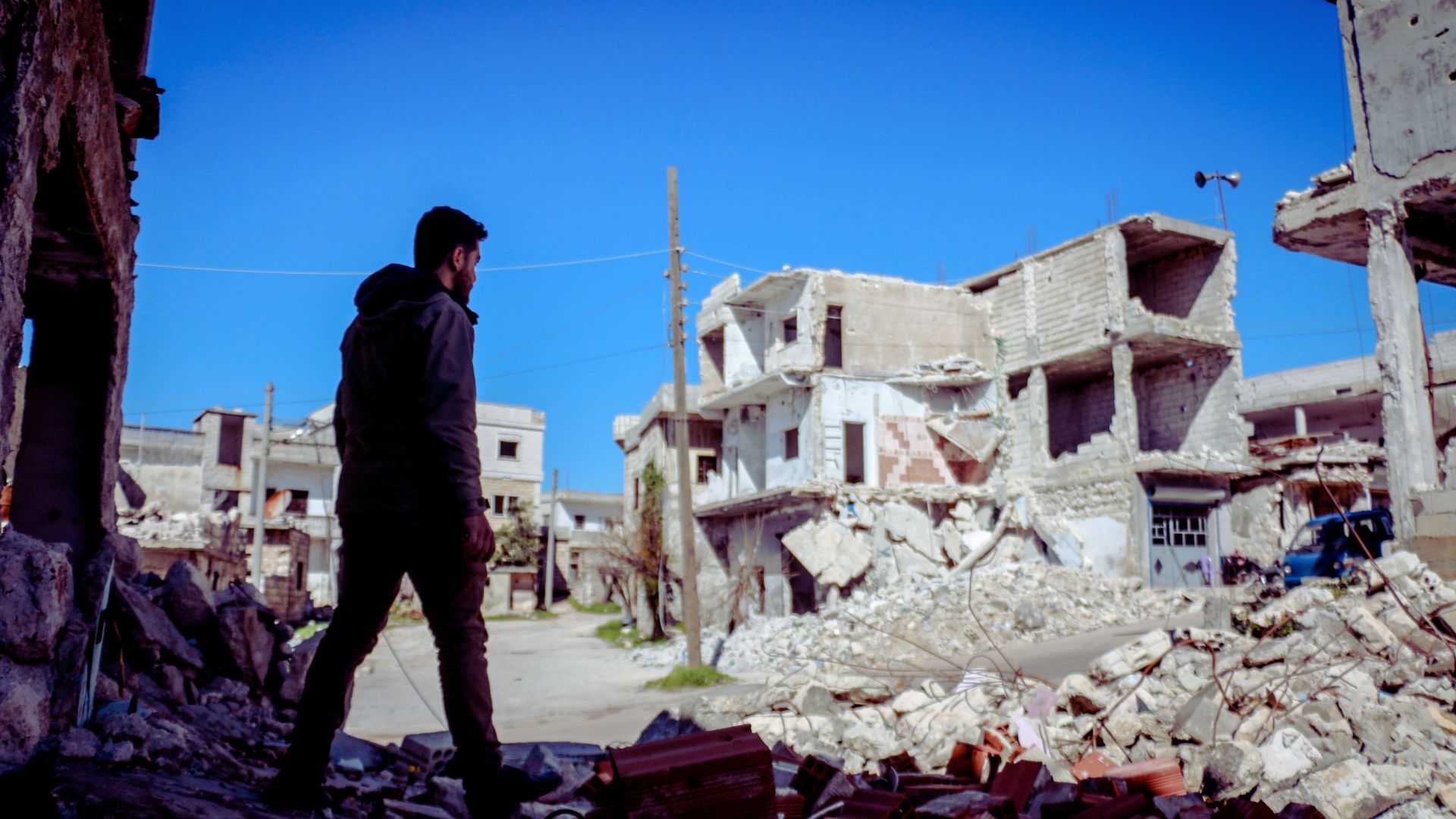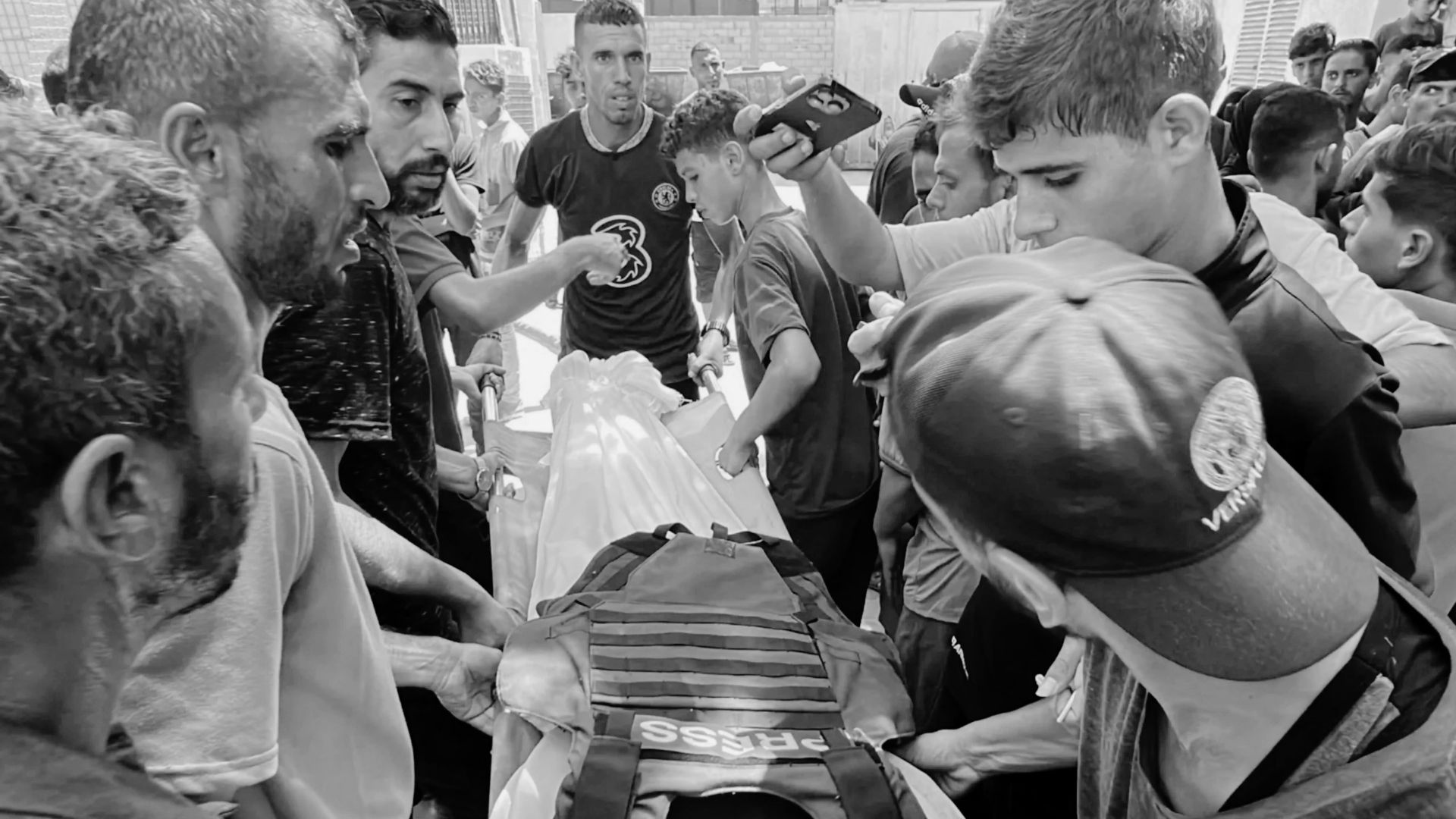As Israeli airstrikes pound the Iranian capital, Tehran’s younger generation is seeking refuge not in shelters, but online. With bombs shattering the city’s uneasy calm and no official evacuation plans in place, millions are turning to Discord servers, WhatsApp groups, and encrypted apps to support one another and navigate daily survival, reports Al-Jazeera.
Across the city, the impact is unmistakable. Suitcases roll along cracked pavements as families search for safety. For many young Iranians, there is nowhere to run. “We don’t know where to go,” said Momo, a 24-year-old IT engineering student, who has chosen to remain in Tehran out of principle. “My home is here. My life is here. We won’t give in to a repressive regime or Israeli aggression.”
No Shelters, No Warnings
Israel’s latest strikes have targeted both military and suspected nuclear sites, but residential buildings have also been hit. Ordinary Iranians, uncertain whether their neighbours are civilians or military targets, are left with little information and less protection.
With shelters nonexistent and phone networks unreliable or heavily monitored, digital spaces have become crucial. Iran’s so-called Generation Z—those born from the mid-1990s onwards—are relying on chat platforms as both lifelines and organising tools.
According to the Iranian daily Shargh, nearly 14 million Iranians, or about 15 percent of the population, are regular gamers and Discord users. Despite a government ban on Discord in April 2024, many use VPNs to regain access. “It’s the only place where I can breathe,” said Momo. “We’re often in touch with people there more than our families. In the middle of the bombings, we watched movies and TV series together. Sometimes, we even fall asleep online.”
From Gaming to Survival
For Samin, 23, from northern Iran, the virtual and physical worlds have merged. “It was surreal—not knowing if the explosions were coming from inside the game or real life,” she said, recalling how gaming sessions were interrupted by the real sound of bombs. “Sadly, the sounds weren’t from the game—they were real bombings.”
Discord’s block, officially attributed to “indecent content,” is widely seen as a government effort to limit protest organisation. Yet, as Samin explained, young Iranians are persistent: “Sometimes we go to great lengths just to find a working VPN, just to log into Discord and join our channels. If someone doesn’t come online, we call them. If their voice cuts out mid-call, our hearts race—we worry they might have been killed in a bombing.”
Solidarity Amid Crisis
Digital communities have taken on new roles in the chaos. WhatsApp groups, originally set up for interests like prenatal yoga, have become unexpected support hubs. Pregnant women, unable to leave Tehran or fearful of going into labour on the road, now exchange advice on managing panic attacks and share voice messages during blackouts.
Zohreh, a PhD holder and eight months pregnant, planned to flee the city but stayed for hospital access. “We give each other advice on self-care and breathing to manage panic attacks and do yoga together online. We light candles and send voice notes when things go quiet again,” she said.
Past Lessons, Present Dangers
This generation of Iranians is no stranger to unrest. Many were at the heart of the 2022 protests after Mahsa Amini’s death, when online platforms became essential tools for communication and organisation. That experience, and ongoing restrictions, have left Gen Z highly adept at bypassing censorship.
As bombs fall and uncertainty mounts, many say their digital networks are not just for communication but for survival. “We’ve shared so much—birthdays, the sound of missiles overhead, the loss of loved ones. We share our fears and daily struggles in that space. It’s a painful atmosphere, but there’s hope, solidarity, and care, too,” said Samin.
Names have been changed due to security concerns.







Comments
No comments yet. Be the first to comment!